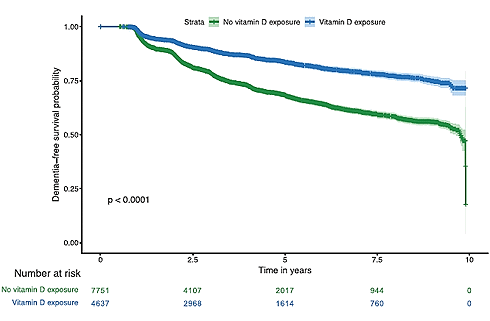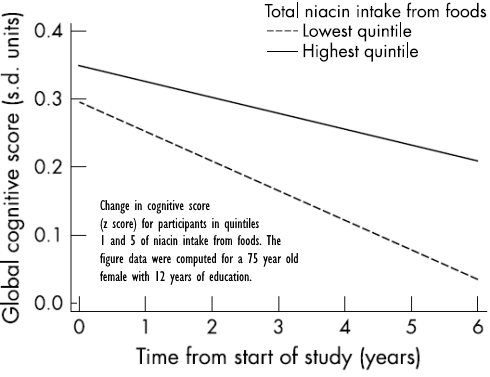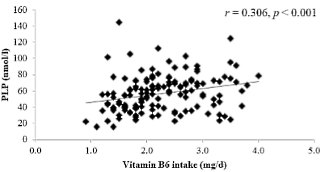|
Substantial reduction in the risk of dementia thanks to vitamin D supplementation
Taking vitamin D supplements reduces your risk of dementia by about 40 percent. Which form of vitamin D? According to Canadian research, that makes little difference.

Study
Psychiatrists from the University of Calgary in Canada analyzed data from 12,388 study participants who had been followed by Canada's National Alzheimer's Coordinating Center from 2005-2021.
When the study began, all study participants were mentally reasonably healthy.
Overall, the average study participant was in his early seventies when the study began. The researchers knew which of the participants took a vitamin D supplement and which did not.
Results
The study participants who had taken vitamin D had a forty percent lower risk of developing a form of dementia than non-users. As far as the researchers could tell in this study, it made little difference what type of vitamin D supplement the study participants took. Vitamin D2 or D3, with or without calcium, the effect was always positive.
The average study participant who did not take vitamin D had a 68 percent chance of staying cognitively alert over a period of 5 years. For the average study participant who did use a vitamin D supplement, this was 84 percent.
Click on the figure below for a larger version.

Women seemed to benefit more from vitamin D supplementation than men. Supplementation reduced the risk of dementia by 26 percent in men, and by 49 percent in women.
Mechanism
According to an epidemiological study published in Nutrition Journal in 2015, low vitamin D levels increase the risk of dementia. [Nutr J. 2015;14:76.] The Canadians suspect that vitamin D plays a role in the processes in the brain that clear plaques. [J Alzheimers Dis. 2012;29(1):51-62.] If that is correct, vitamin D probably protects better against dementia the earlier you start supplementing.
The build-up of plaques in the brain begins well before dementia symptoms develop, and also seems to trigger a cascade of processes that can hardly be slowed down or stopped at a later stage. This explains why in trials in which people over 60 'only' take 600 or 2000 IU of vitamin D daily for 2 years, there is no prevention of cognitive decline. [Am J Clin Nutr. 2019 Jul 1;110(1):246-53.]

Conclusion
"Our findings implicate vitamin D as a potential agent for dementia prevention and provide additional support for its use in at-risk individuals for Alzheimer's disease dementia", summarize the Canadians.
Source:
Alzheimers Dement (Amst). 2023 Mar 1;15(1):e12404.
More:
Vitamin D supplement accelerates recovery after concussion 18.09.2022
Combination of vitamin D and omega-3 fatty acids improves neurological recovery after concussion 03.09.2022
Archives:
Dementia & Alzheimer's Disease
Vitamin D
Vitamins
|






